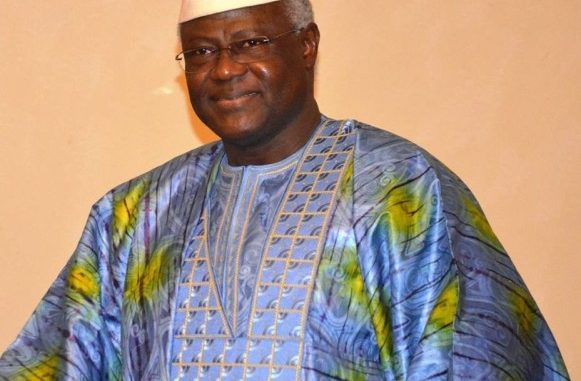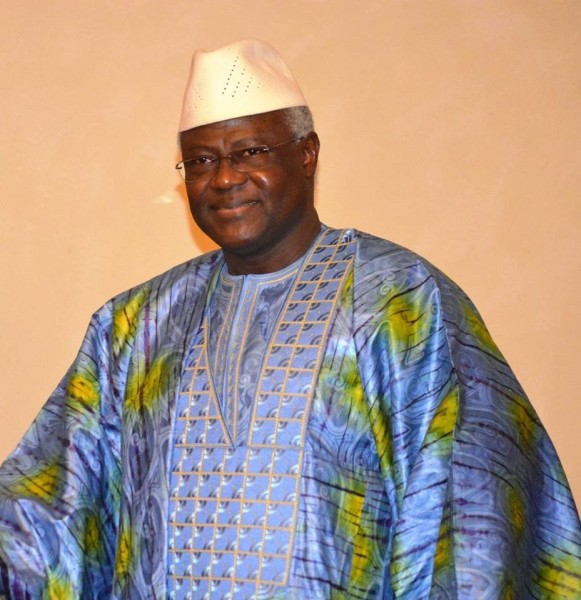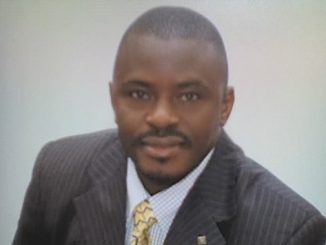
By Silas Gbandia :
The introduction of the Free Healthcare Initiative in 2011 by President Ernest
Bai koroma has greatly improved the health system of Sierra Leone. It has
resulted in a reduction of maternal and child death.
PRESIDENTKOROMA THE CHIEF (581 x 600)
A team of World Bank staff together with the Ministry of Health and Sanitation,
and Ministry of Finance and Economic Development visited 2 hospitals and 7
Peripheral Health Units (PHUs) across the country on May 30 – June 4 to assess
how the Bank’s US$5.7 million funding is impacting on the health system.
“Before this time, we had the Traditional Birth Attendants (TBAs) doing
deliveries on their own. But now they come to the health facility. We haven’t
had maternal deaths since 2012,” Hawa Margai, Community Health Officer (CHO) of
the Levuma Health Center in the Kandu Leppiama Chiefdom, Kenema District said in
an interview on June 3.
Expected births per month in the Levuma Health facility currently are 42. Before
2012, average monthly expected births were 17. The number of under-fives who
visit the facility has doubled. The health facility serves a population of
11,180 in the Kandu Leppiama Chiefdom. Hawa Margai the CHO relates this
improvement to the Performance- Based Fund (PBF) provided by the World Bank
through the finance ministry.
The Performance-Based Financing (PBF) is a US$5.7 million World Bank service
grant giving to health facilities to incentivize health workers based on a
satisfactory delivery of the Free Health Care. For every disbursement to a
health facility, 60 percent goes to the health workers and 40 percent to the
health facility. The Ministry of Health and Sanitation determines and advice the
finance ministry to pay directly into the bank accounts of hospitals and
clinics. The money is paid to them quarterly.
The total PBF payments from April 2011 to date is estimated at Le16 billion
($3.7million). This figure is estimated at $3,700 per facility. The Peripheral
Health Units(PHUs) or health centers have been paid up to the second quarter of
2013 whereas the two pilot hospitals Ola During Children’s Hospital and Princess
Christian Maternity Hospital in Freetown have been paid the fourth quarter of
2013, according to Finance ministry sources.
“Some of our colleagues are not on salary. The lab assistant, the porter and
security are not on salary. We share with the TBAs [Traditional Birth
Attendants] the PBF and they use it for soap making. Part of the soap is used
to clean the clinic. We use the remaining 40 percent to clean the center and buy
things needed in the center,” Hawa Margai said.
The last PBF allocation to The Levuma Health Center was about Le.2.5 million.
This was the least, Hawa Margai said. Allocation is based on the following:
Family planning, Antenatal consultations (ANC), Safe deliveries, postnatal
consultations, complete immunization of children under 1 year old and,
Outpatient consultations for children under 5 years.
The Levuma center has 24 hours solar-powered electricity in the Labour room.
There is also a running tap, a modern toilet, resuscitation corner, and the
necessary drugs needed in the delivery room.
In his budget speech to parliament on November 29, 2013, the Minister of Finance
and Economic Development Dr. Kaifala Marah noted some of the successes made in
terms of the Free Healthcare Initiative.
“Our social services are also improving with the implementation of the free
health care programme. The number of children sleeping under insecticide treated
bed nets increased three-fold. The proportion of deliveries taking place in
health facilities increased from 17.8 percent in 2008 to 55 percent in 2011 and
further to 60.9 percent in 2012. The percentage of children immunised against
common childhood diseases increased from 54.6 percent in 2008 to 83.8 percent in
2011 and further to 87 percent in 2012.”
The success achieved with the Free Healthcare Initiative is the outcome of
collaboration among the Minister of Health and Sanitation, Ministry of Finance
and Economic Development and donor partners like the World Bank.
Despite the success stories from the PHUs and hospitals on maternal and child
health, the country’s 2013 rating shows much should be done to catch-up with
many countries in Africa.
The World Health Report 2013: Research for Universal Health Coverage states that
Sierra Leone is among 4 West Africa countries in need of strengthening health
research systems. The rest is food for thought.





Leave a Reply